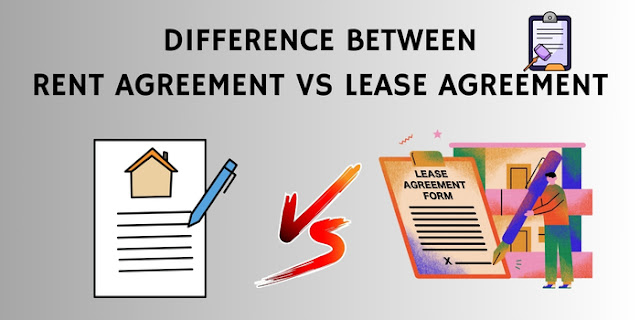What is the Validity of a Legal Notice?
A legal notice serves as a formal communication that informs an individual or entity about a legal obligation or an impending legal action. It is often used as a precursor to legal proceedings and plays a crucial role in various legal scenarios, such as contract disputes, property claims, and consumer grievances. Understanding the validity of a legal notice is essential for both senders and recipients, as it has significant implications for legal rights and responsibilities.
What is a Legal Notice?
A legal notice is a written document that typically outlines the grievances of the sender, the facts surrounding the issue, and the desired outcome. It is usually sent by a lawyer on behalf of a client or by the aggrieved party themselves. The primary purposes of a legal notice include:
Informing the Recipient: The notice informs the recipient about the sender's intention to pursue legal action if the issue is not resolved.
Providing a Chance to Respond: It offers the recipient an opportunity to address the grievances before legal proceedings commence.
Establishing Proof: A legal notice serves as evidence that the sender has made an effort to resolve the issue amicably before resorting to litigation.
Components of a Legal Notice
A valid legal notice typically includes the following elements:
Sender’s Information: Name, address, and contact details of the sender (or their legal representative).
Recipient’s Information: Name and address of the recipient.
Subject Matter: A clear and concise subject line indicating the purpose of the notice.
Facts and Grounds: Detailed explanation of the circumstances leading to the notice, including relevant dates and events.
Legal Provisions: Reference to applicable laws, regulations, or contractual obligations that support the sender's claims.
Demand or Relief Sought: A specific request outlining what the sender expects from the recipient (e.g., payment, cessation of certain actions, etc.).
Deadline for Response: A reasonable timeframe within which the recipient should respond to the notice.
Date and Signature: The date of issuance and the signature of the sender or their attorney.
Validity of a Legal Notice
The validity of a legal notice depends on several factors:
1. Proper Drafting
For a legal notice to be valid, it must be drafted correctly. This includes using clear language, adhering to legal requirements, and including all essential components mentioned above. An improperly drafted legal notice may lead to disputes regarding its validity.
2. Delivery Method
The manner in which a legal notice is delivered also affects its validity. It should be sent through a reliable method that provides proof of delivery, such as registered post, courier, or email (if permitted). The sender should retain evidence of delivery, such as receipts or delivery confirmation.
3. Content Accuracy
The information contained in the legal notice must be accurate and truthful. If the notice includes false or misleading information, it may undermine its validity and could have legal repercussions for the sender.
4. Compliance with Legal Provisions
Certain legal matters may require compliance with specific laws or regulations governing the issuance of legal notices. For example, consumer complaints may necessitate following the Consumer Protection Act's requirements. Failing to adhere to these provisions can affect the notice's validity.
5. Response from the Recipient
The recipient's response (or lack thereof) to a legal notice can also impact its validity. If the recipient acknowledges the notice and takes appropriate action, it reinforces the validity of the notice. Conversely, if the recipient disputes the notice or fails to respond, it may lead to further legal complications.
Importance of Legal Notice
A legal notice serves several important purposes:
Formal Communication: It establishes a formal line of communication between parties, signaling that the sender is serious about pursuing legal action.
Opportunity for Resolution: By providing the recipient with a chance to address the issue, it encourages amicable resolution without resorting to litigation.
Evidence in Court: A valid legal notice can be presented as evidence in court proceedings, demonstrating that the sender attempted to resolve the matter before initiating legal action.
Conclusion
The validity of a legal notice is crucial in determining the next steps in any legal matter. Proper drafting, accurate content, reliable delivery methods, and compliance with relevant legal provisions are all essential for ensuring the notice's effectiveness. Understanding the significance of a legal notice and its validity can empower individuals and entities to protect their rights and seek resolution in legal disputes. If you find yourself in a situation where a legal notice is necessary, consider consulting a legal professional to ensure it meets all requirements and serves its intended purpose.



